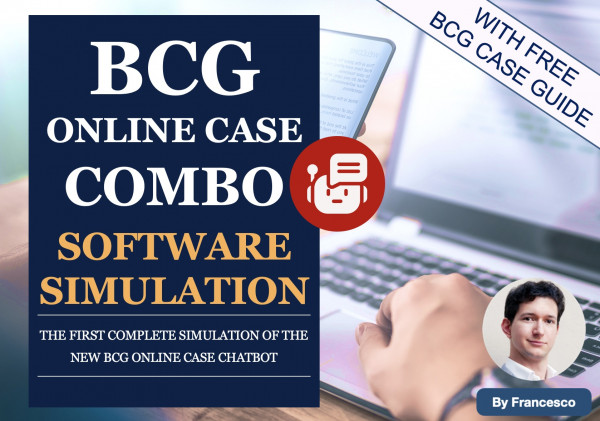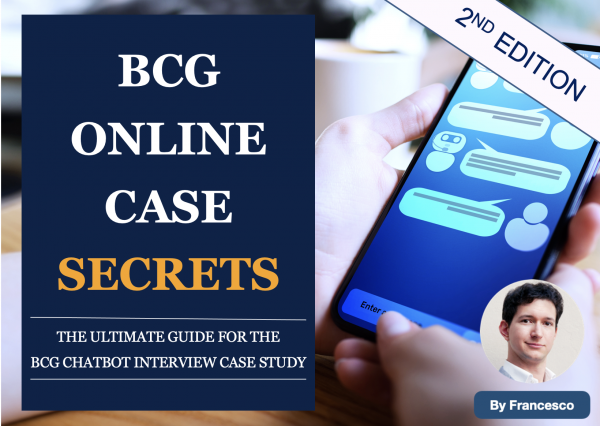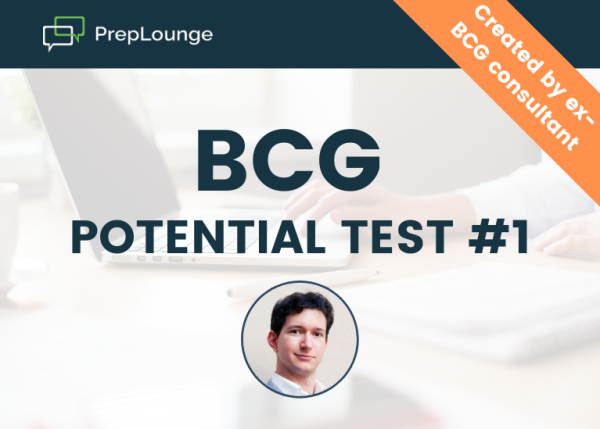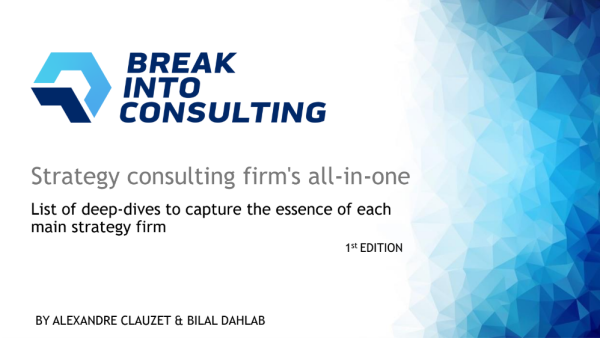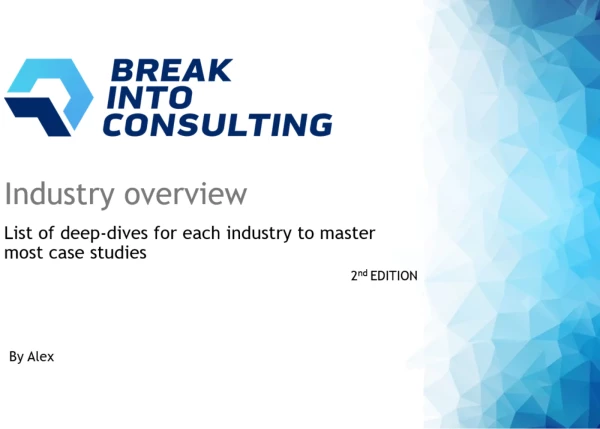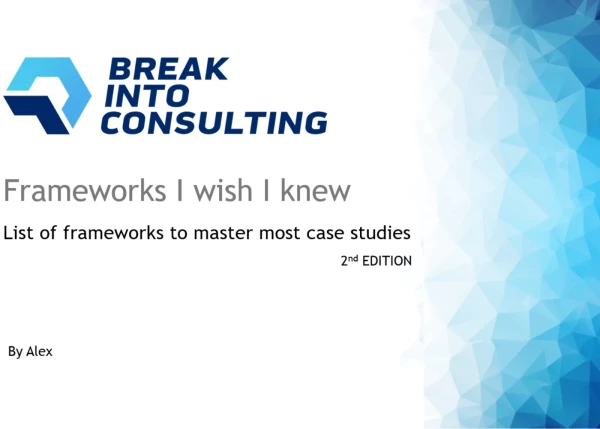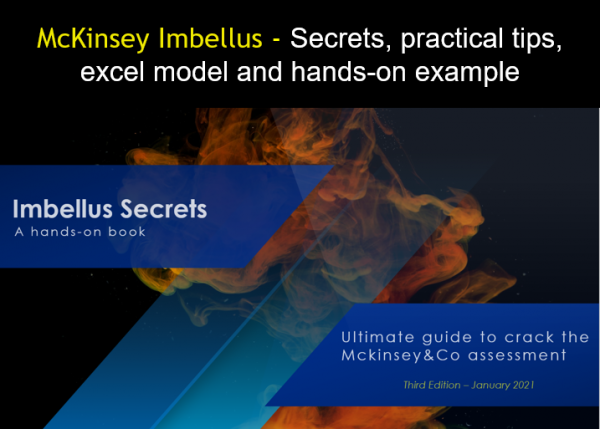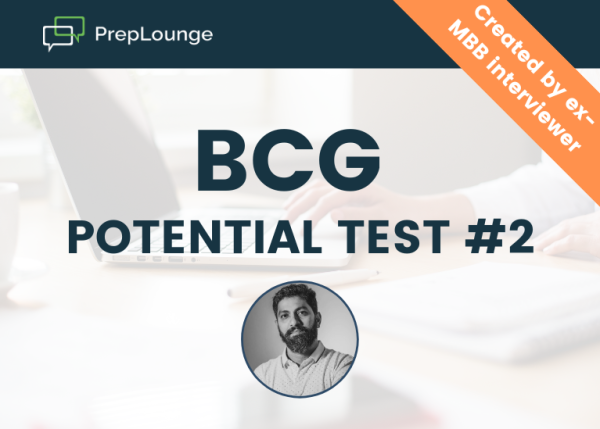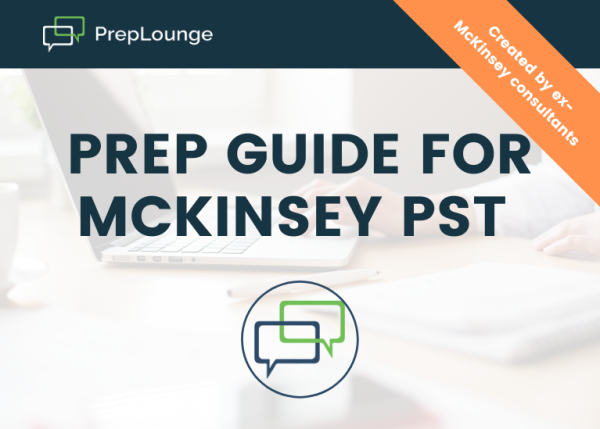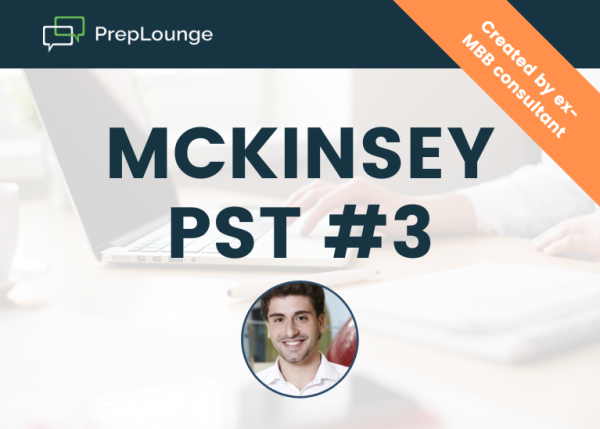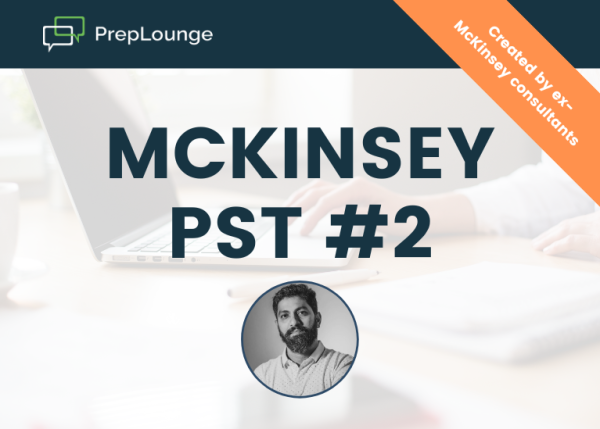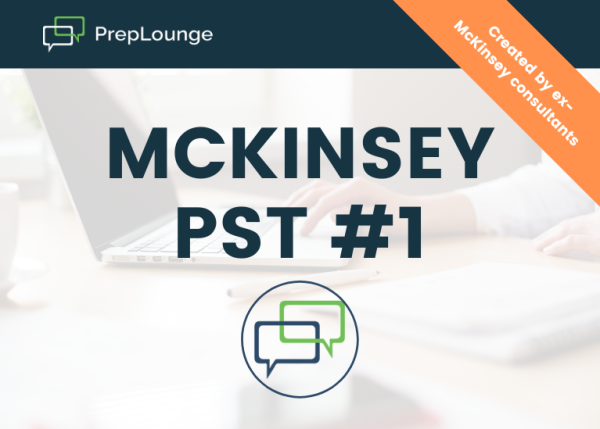Hi all,
During last 3 years, i've failed Mckinsey PST 2 times.
Is there people who indeed pass this test? In both my attempts i felt like i scored at least 16-17 points. 100%
What am i doing wrong? Or i am not just cut out to be a consultant if i can't even pass the test.
Is that possible to score 26/26?
I still want to work there, but not sure whether i will be ever able to pass PST






